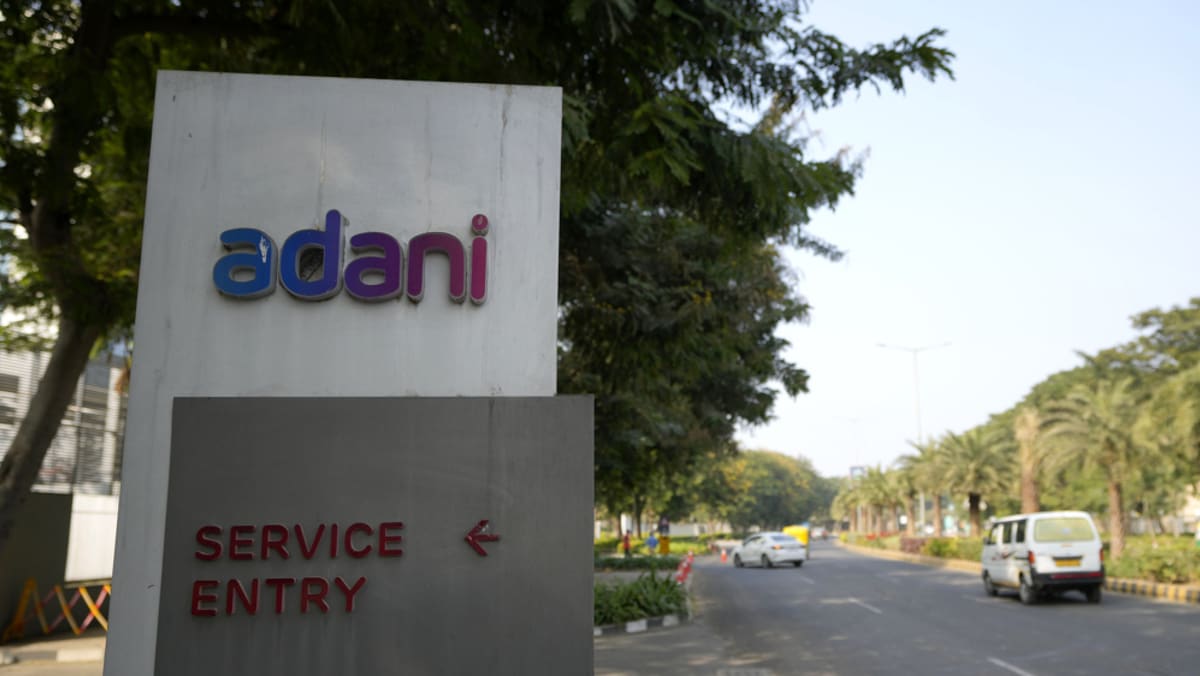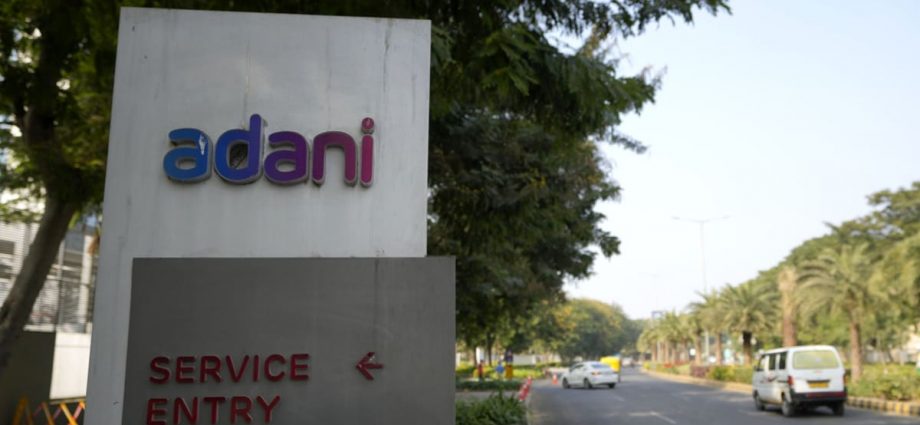
Since the Jan 24 Hindenburg report which alleged improper use by the Adani Group of offshore tax havens and stock manipulation and also raised concerns about high debt, the market capitalisation of seven listed Adani Group companies has fallen by half or nearly US$100 billion. Its dollar bonds have tumbled.
To be sure, analysts say, the shock to the system comes because of Adani’s heft and influence, rather than exposure. His conglomerate spans ports, coal mines, food businesses, airports and lately media, and before the rout its seven companies had accounted for more than 6 per cent of the National Stock Exchange market value.
While the Adani Group has total gross debt of 2.2 trillion rupees (US$26.86 billion), top banks have said their credit exposures to the group are small. Shares of the firm are closely held, mutual funds have low exposure too.
“Everybody’s keeping a very close eye on those debts,” said Pankaj Pathak, a fund manager at Quantum Asset Management in Mumbai.
“But on the domestic debt side, we hardly see any impact on the broader corporate bond market because of what is happening in Adani,” he said, pointing to the limited ownership of those bonds.
Yet, India’s stock market is down 4 per cent in 6 days, and foreign funds have sold US$2 billion worth shares since Jan 24, on top of the US$2 billion sold prior to that in January.
“It’s an issue of panic, but we don’t think it’s going to turn into a credit issue,” said a credit fund manager in Hong Kong, who could not be named as he was not authorised to speak to media.
“Only Adani Group is trading with these ridiculously high multiples, and that is the core of the problem.”
At its peak in December, the flagship Adani Enterprises stock had surged 1,700 per cent in two years.

